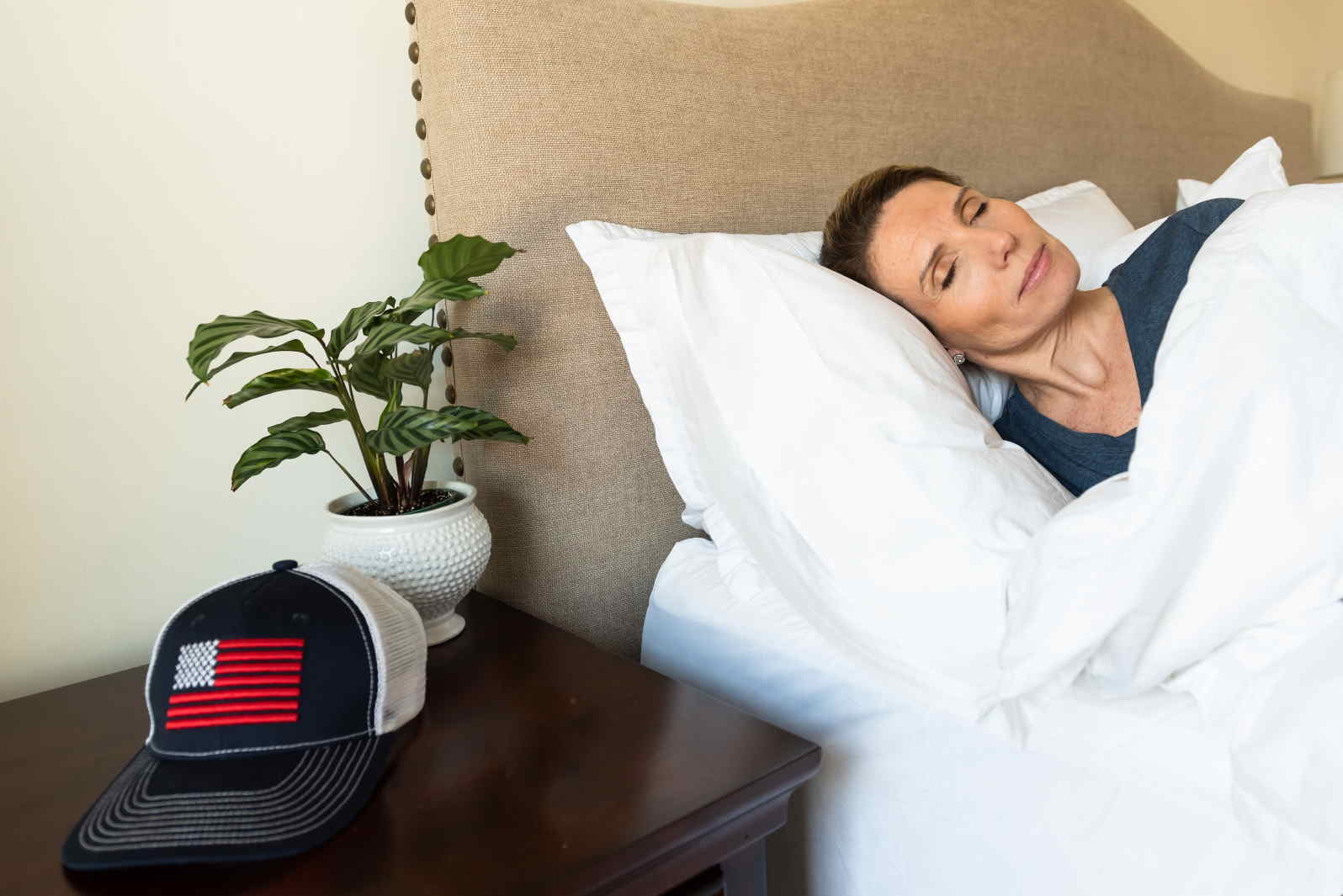It’s Time for Treatment: Why Veterans Should Know About the Changes in VA Sleep Apnea Claims

|9th March 2022
Sleep apnea – which can cause daytime sleepiness, make other medical conditions worse and cause other complications – is common in military Veterans. What’s more, sleep apnea often goes unrecognized.1 The Veterans Administration’s (VA) rules for assigning sleep apnea disability ratings and granting of benefits have changed over the years. But with the right information, Veterans can seek a service-related claim and get effective treatment through the VA.
The Connection Between Veterans and Sleep Apnea
Sleep apnea and military experience might seem like an unlikely correlation, but an Army study at Madigan Army Medical Center in Tacoma, Washington showed a high prevalence of sleep disorders for active military members. In the study, 85.1% were diagnosed with a sleep disorder with 51.2% suffering from Obstructive Sleep Apnea (OSA).2
Although the prevalence of OSA increases with age, a study of young Veterans, aged 33 years on average, showed an increase in the probability of being at high-risk of OSA alongside increasing PTSD symptoms.3
When multiple medical conditions, like PTSD and OSA, are present in a Veteran, they may end up increasing the severity of both.4 The two can then cause a downward spiral of symptoms if they continue to go untreated. What’s more, there are many service-related conditions found in Veterans that correspond to a higher prevalence of OSA. As a result, the Veteran may receive a secondary service connection for any conditions that were caused or aggravated by their already service-connected sleep apnea.
Why the Connection Between PTSD and Sleep Apnea?
Some of the potential reasons being explored as to why Sleep Apnea and PTSD are comorbidities include:
- Chronic stress response
- Sleep fragmentation and hyperarousal
- Prolonged sleep deprivation
- Sleep disturbance from OSA
When you have a comorbidity between two service-related medical conditions, it is imperative that you to seek treatment. Fully understanding the VA rules can help you land on the path to treating them.
The Changing VA Rules on Sleep Apnea
It used to be enough if a Veteran was using a breathing device to get an approved VA claim on OSA, but now the VA requires a doctor’s letter that there is a medical necessity for the device. Veterans are getting claims denied because of this change. The two primary elements required for a successful VA claim are:
- The Veteran must show medical necessity. A letter from doctor to explain that the prescribed breathing device is needed for medical treatment of your sleep apnea, which can be from a VA or non-VA doctor.
- The Veteran must be using a device to treat their OSA. In consultation with their doctor, Veterans can select breathing devices other than a CPAP and still be eligible for a rating of 50 percent by the VA. This is helpful for Veterans because doctors can prescribe different devices to treat the sleep apnea, including newer devices such as eXciteOSA®. Instead of using a CPAP mask all night, Veterans can use the eXciteOSA device for just 20 minutes a day for treatment of mild sleep apnea.
Why Did the VA Make These Changes?
The VA is constantly looking for ways to improve how it treats sleep apnea as new medical technology is continually getting cleared or authorized by the FDA. These changes ensure Veterans have options to treat their OSA, as many Veterans may benefit from having an alternative option to wearing a CPAP mask all night long. Devices like eXciteOSA represent a good option for many Veterans with mild sleep apnea, because it helps promote endurance of the tongue and surrounding muscles. As a result, it targets a root cause of mild OSA and snoring rather than just relieving symptoms.
How to Get Started with Your Sleep Apnea Treatment
Your first step to understanding how to better manage your snoring and mild osa is to have a conversation with your VA or other healthcare provider. If eXciteOSA is an appropriate option for you, your healthcare provider will then submit an order to the prosthetics department. It’s as simple as that to start training your tongue for a better night’s sleep.
References
- Kapur V, Strohl KP, Redline S, Iber C, O’Connor G, Nieto J. Underdiagnosis of sleep apnea syndrome in U.S. communities. Sleep Breath 2002;6:49-54
- Mysliwiec V, McGraw L, Pierce R, Smith P, Trapp B, Roth BJ. Sleep disorders and associated medical comorbidities in active duty military personnel. Sleep 2013;36:167-174
- Colvonen PJ, Masino T, Drummond SP, Myers US, Angkaw AC, Norman SB. Obstructive Sleep Apnea and Posttraumatic Stress Disorder among OEF/OIF/OND Veterans. J Clin Sleep Med 2015;11:513-518.
- McCall CA, Watson NF. A Narrative Review of the Association between Post-Traumatic Stress Disorder and Obstructive Sleep Apnea. J Clin Med 2022;11
|9th March 2022

